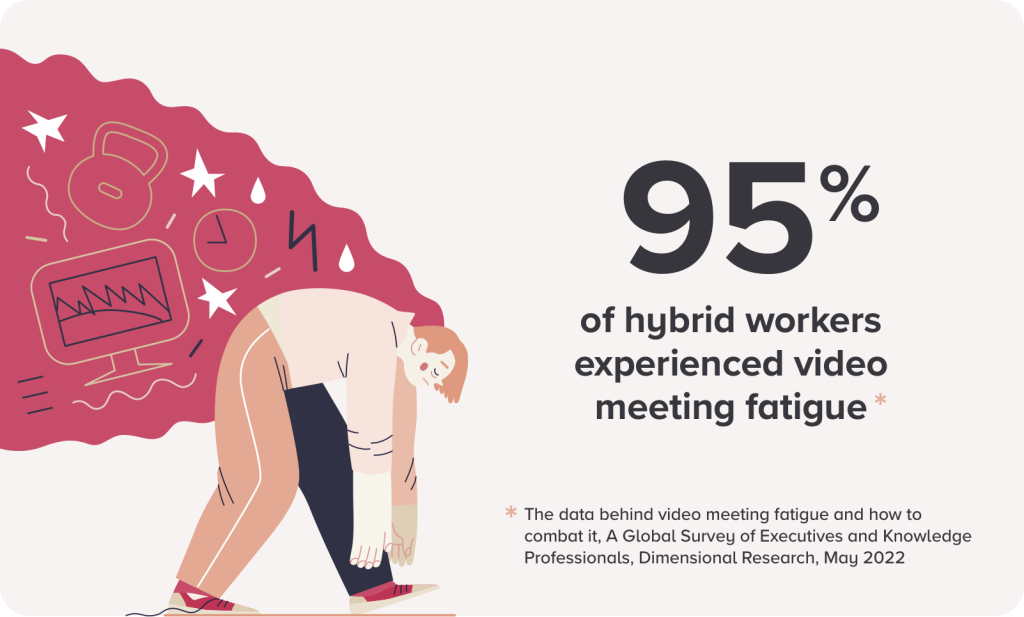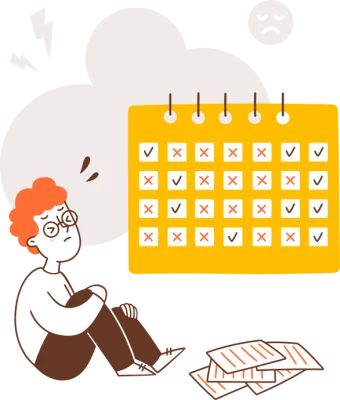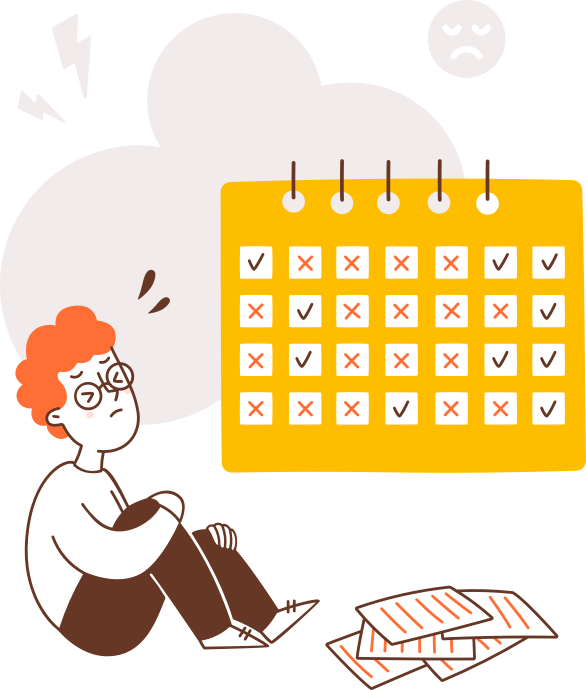The COVID-19 pandemic has forced many companies and organizations to shift their operations to remote work. As a result, online meetings have become the norm. While online meetings have their benefits, they have also led to a phenomenon known as “online meeting fatigue.” This article will explore what online meeting fatigue is, its causes, and some strategies for overcoming it.
What is Online Meeting Fatigue?
Online meeting fatigue refers to the exhaustion or weariness one experiences from attending or conducting a large number of online meetings. This type of fatigue can result in decreased productivity, reduced engagement, and burnout.

Causes of Online Meeting Fatigue
Several factors can contribute to online meeting fatigue. One of the primary causes is the sheer number of online meetings that people attend. For many remote workers, their entire workday may consist of back-to-back virtual meetings. This constant exposure to screens and video conferencing can be tiring.
Another cause of online meeting fatigue is the lack of nonverbal cues that are present in face-to-face interactions. When communicating virtually, it can be challenging to read body language and facial expressions accurately, which can lead to miscommunication and misunderstandings. This lack of human connection can also be draining, making online meetings feel less productive and engaging.
Strategies for Overcoming Online Meeting Fatigue
There are several strategies that individuals and organizations can use to overcome online meeting fatigue.
- Limit the Number of Meetings
One of the most effective ways to combat online meeting fatigue is to limit the number of meetings you attend. Instead of scheduling back-to-back virtual meetings, try to schedule them with breaks in between to allow time to recharge.
- Encourage Video-Free Meetings
Encouraging video-free meetings can help reduce online meeting fatigue. When people aren’t required to be on camera, they may feel less self-conscious and more comfortable speaking up. This can lead to more productive and engaging meetings.
- Use Different Types of Communication
Not all communication needs to happen through virtual meetings. Try using other communication tools, such as email or instant messaging, for simple updates and quick conversations. This can help reduce the number of virtual meetings you need to attend.
- Take Breaks
Taking regular breaks can help reduce online meeting fatigue. Get up, move around, and take a short walk to clear your head and refresh your mind.
- Set Boundaries
Setting boundaries around your virtual meeting schedule can help prevent online meeting fatigue. Communicate your availability to your colleagues and try to stick to a schedule that works for you.
Conclusion
Online meeting fatigue is a real issue that affects many remote workers. It can be caused by several factors, including the sheer number of meetings and the lack of nonverbal cues. To overcome online meeting fatigue, individuals and organizations should limit the number of meetings, encourage video-free meetings, use different types of communication, take breaks, and set boundaries. By implementing these strategies, remote workers can reduce online meeting fatigue and increase their productivity and engagement.




